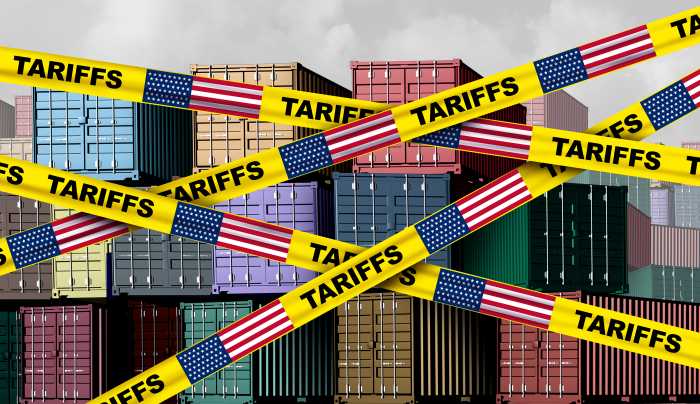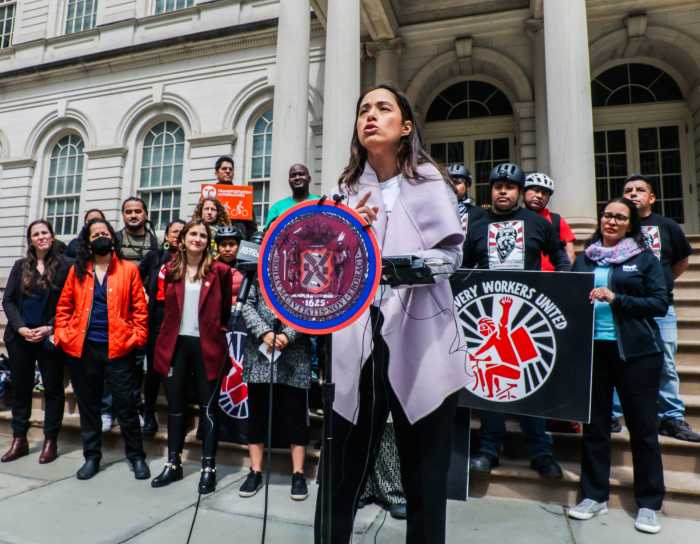Subject to double vulnerability, from external economic shocks and natural disasters, the Organization of American States (OAS) says the islands of the Caribbean Community (CARICOM) see sustainable development as an “urgent necessity rather than a politically correct slogan for the future.”
In effect, the OAS said on Tuesday that the impact of global warming is particularly worrying for the Caribbean region.
Alluding to a recent report on Latin America and the Caribbean by the World Bank, the Washington-based hemispheric body said an increase of 2 degrees Celsius in the global temperature before the end of the century will lead to “concrete threats.”
These include an increase of 40 percent in the number of severe hurricanes, with twice the force compared to the world average, a decrease of up to 50 percent of the volume of fishing hauls, and a “massive rise” in ocean levels.
The heads of state of CARICOM, who met last week in Barbados, moved forward in their intention to present a common vision at the upcoming Inter-American and global meetings, especially in the environment of the United Nations, in addressing the post-2015 objectives, the OAS noted.
In particular, it said they will seek to influence the International Conference on Financing for Development, currently underway in Addis Adaba, Ethiopia; and at the Special United Nations Summit on Sustainable Development, to take place in September in New York; as well as at the Conference of Parties to the United Nations Framework Convention on Climate Change (COP21), in Paris in December.
“We must work to find a global solution for the impact of climate change raising the voice of the Americas,” said the Secretary General of the OAS Luis Almagro, in reference to COP21.
The Secretary General took part in the Caribbean Summit as a special invitee, together with the United Nations Secretary General, Ban Ki-Moon, and the Executive Secretary of the United Nations Economic Commission for Latin America and the Caribbean (ECLAC), Alicia Bárcena, among others.
In the final declaration of the Summit, the CARICOM leaders said they were “acutely aware of the opportunity provided to build truly vibrant societies and resilient economies and chart a new era of sustainable development for the region and the world”, the OAS noted.
In the case of climate change, the Caribbean heads of state ratified the Declaration on Climate Actions that had been adopted in May, which defines a common position ahead of COP21.
Almagro said the OAS is “an excellent platform for amplifying the positions of the Caribbean on these issues and to bring them together with a common position of the entire hemisphere.”
He said that following two decades of negotiations, the OAS will help the international community reach a binding agreement to mitigate and adapt to the impact of climate change.
The OAS secretary general reiterated his intention to create a system for the prevention and management of natural disasters in the Caribbean and Central America, including the articulation of a network of best practices with the system of the United Nations and other multilateral organizations.
In accordance with the economic and development needs set forth by CARICOM, Almagro insisted on the need to put into practice initiatives on digital, fluvial, and aerial interconnectivity in the region; attracting investments; and improving the quality of education, as well as expanding work opportunities for young people.

























